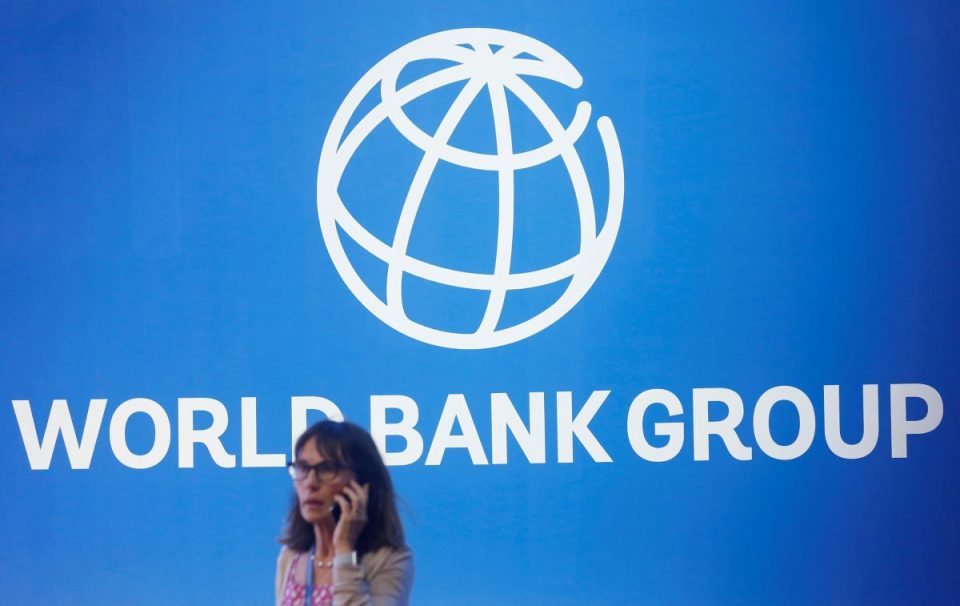KUALA LUMPUR, Nov 30 — Governments need to review policies that are incompatible with sustainability goals to ensure that their sustainability endeavours are done right, said World Bank country director for the Philippines, Malaysia, Thailand and Brunei, Dr Ndiame Diop.
This includes fuel subsidies towards ensuring the efficient use of limited resources.
“Policymakers should improve and enable relevant policy frameworks while striving for policy coherence.
“Incentives are also critical for the financial sector players to direct and reallocate financing to support the transition,’’ he said during the second day of the Global Green Finance Leadership Programme, organised by the World Bank and the Beijing Institute of Finance and Sustainability.
Diop said governments can also take a more coordinated approach that takes environmental concerns into account in their decision-making across different sectors.
He also highlighted some efforts taken by governments to establish economic responses to environmental crises across East Asia and the Pacific region.
For example, Indonesia is developing a regulatory framework to respond to the increased demand for climate-friendly solutions through carbon pricing instruments.
As for Malaysia, Diop said the World Bank is supporting the government in strengthening its capacity in several areas, including a public expenditure review and a project that addresses climate and environmental-related issues as well as data gaps.
To raise awareness in the financial sector, he said Bank Negara Malaysia (BNM) is collaborating with the World Bank on an innovative study to assess actions to mitigate nature-related financial risks.
He noted that there are many opportunities to catalyse private financing towards achieving climate ambitions, ergo, governments, central banks and the financial sector can work together to increase access to transition finance.
Transition finance is a new financing approach that aims to support companies that are trying to steadily reduce greenhouse gas (GHG) emissions in accordance with a long-term strategy to achieve a decarbonised society.
“I am pleased to see Malaysia at the forefront of this with a number of promising initiatives, including BNM’s Low Carbon Transition Facility to support small and medium enterprises in adopting sustainable practices, incentives to install solar panels and increase biomass capacity, and the recent initiative by Malaysia’s stock exchange to introduce the Voluntary Carbon Market Exchange by the end of the year,’’ he said.
Diop added that the World Bank is also working with its partners in over 50 countries on ‘greening’ their domestic financial sector regulatory frameworks.
“It (transition financing) can be an important tool to help traditionally GHG-emitting sectors to turn to low-carbon production processes.
“These are companies which are at risk of being left behind, and as financing is required to decarbonise and to move from ‘brown’ to ‘green’, it will be important to increase their access to transition finance,’’ he noted.
Diop said the sustainable financial markets are a fraction of conventional markets, adding that the required investments for low-carbon, climate-resilient infrastructure in emerging markets are estimated to reach at least US$1.55 trillion annually between now and 2030.
— Bernama





